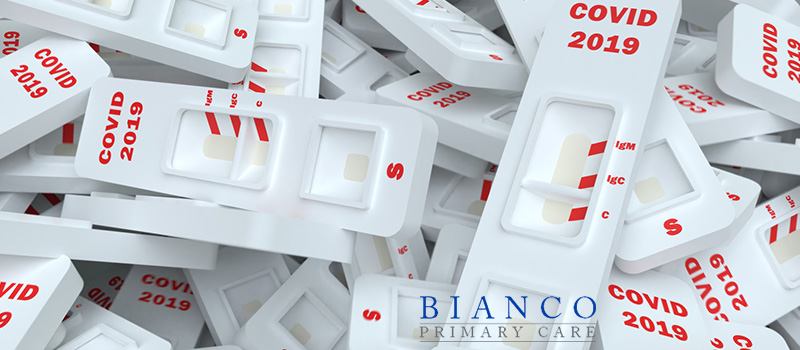When our bodies see a foreign invader (coronavirus in this case), our immune system mounts an acute/immediate reaction through IgM antibodies to eradicate the problem. Once the infection is gone the IgM antibodies are no longer produced and do not linger in the blood.
The body does, however, produce memory cells in the form of IgG antibodies. These memory cells are found in your blood as soon as 7-10 days after an infection. They patrol your blood and have only one job: look for that specific infection (Covid19 in this case) in the blood and if found, facilitate a much quicker response to the known invader so that the invader is not able to gain footing and cause infection.
These IgG antibodies are specific to each infection encountered or each strain of virus, as in this case. Many viruses mutate or change frequently and therefore have different strains each new season which makes fighting them tough because our bodies do not have specific antibodies to these newer, mutated strains (think common cold which is also a coronavirus or the seasonal influenza virus).
This antibody test detects the presence of Covid19 IgG antibodies in your bloodstream. The antibody test requires a simple blood draw.
The antibody test is a new test, is it reliable? If I test positive, does it guarantee I will not get infected with Covid19 in the future?
- Medical research on this virus has not explained enough about what having these antibodies means as far as immunity goes. There is already evidence that Covid19 has mutated and has different strains so having detectable antibodies does not necessarily mean you are immune to the virus.
- Several community based epidemiological studies have been done (more coming including one being done currently in Fulton and Dekalb counties) and have given us some good preliminary information. This data shows that up to 50 times more people have been exposed to Covid19 than are reflected in the data we have had previously. This means the death rate will hopefully be much lower and closer to the same as the flu. The bad news is that those same studies show that only 3% to 4% of us have been exposed at this point. That means if we tested our entire practice only around 15-20 of them will have antibodies.
Bottom line: Knowing you have antibodies does not necessarily mean you cannot get re-infected with the virus. We worry that the knowledge of having antibodies will create a false sense of security. Information about this virus and it’s testing is too preliminary to make the conclusion of immunity based upon positive antibody testing. Regardless of test results, we strongly encourage you to continue with social distancing and frequent hand-washing.


